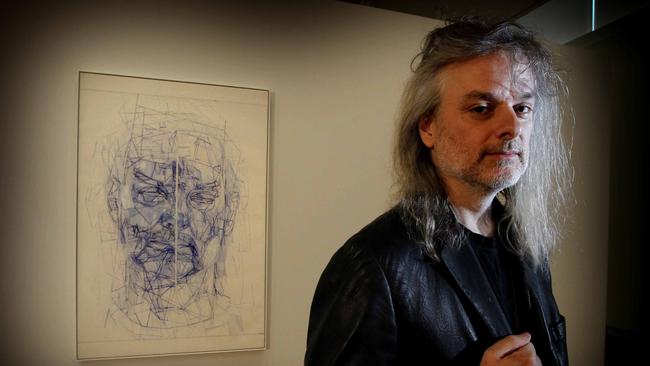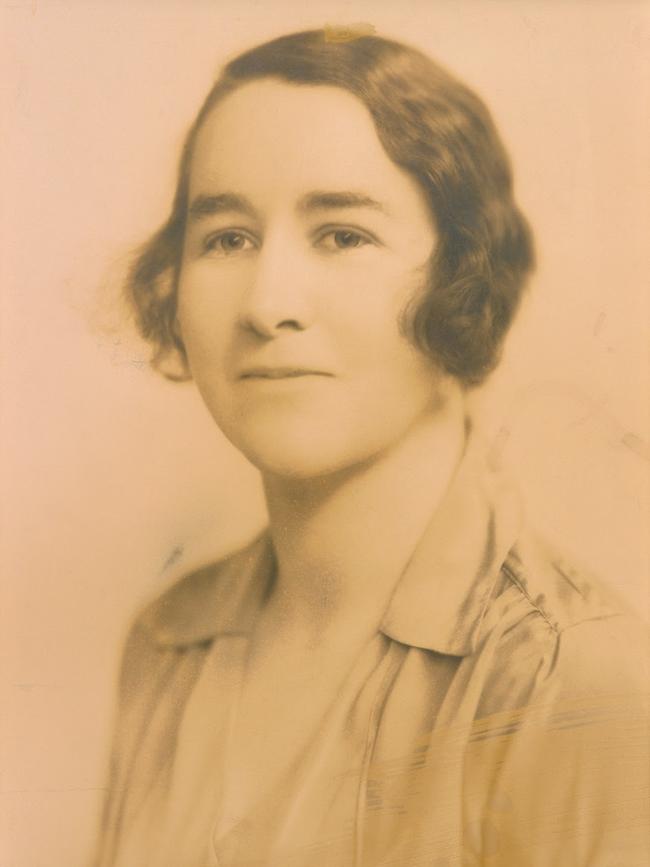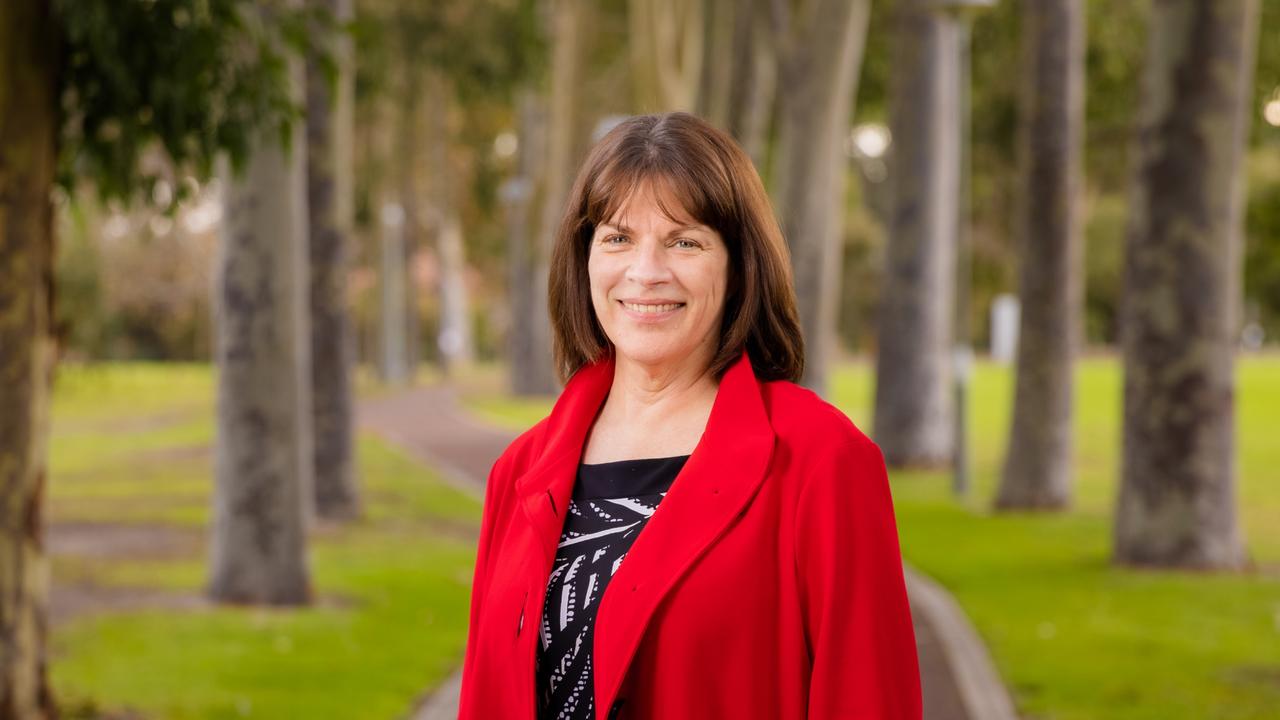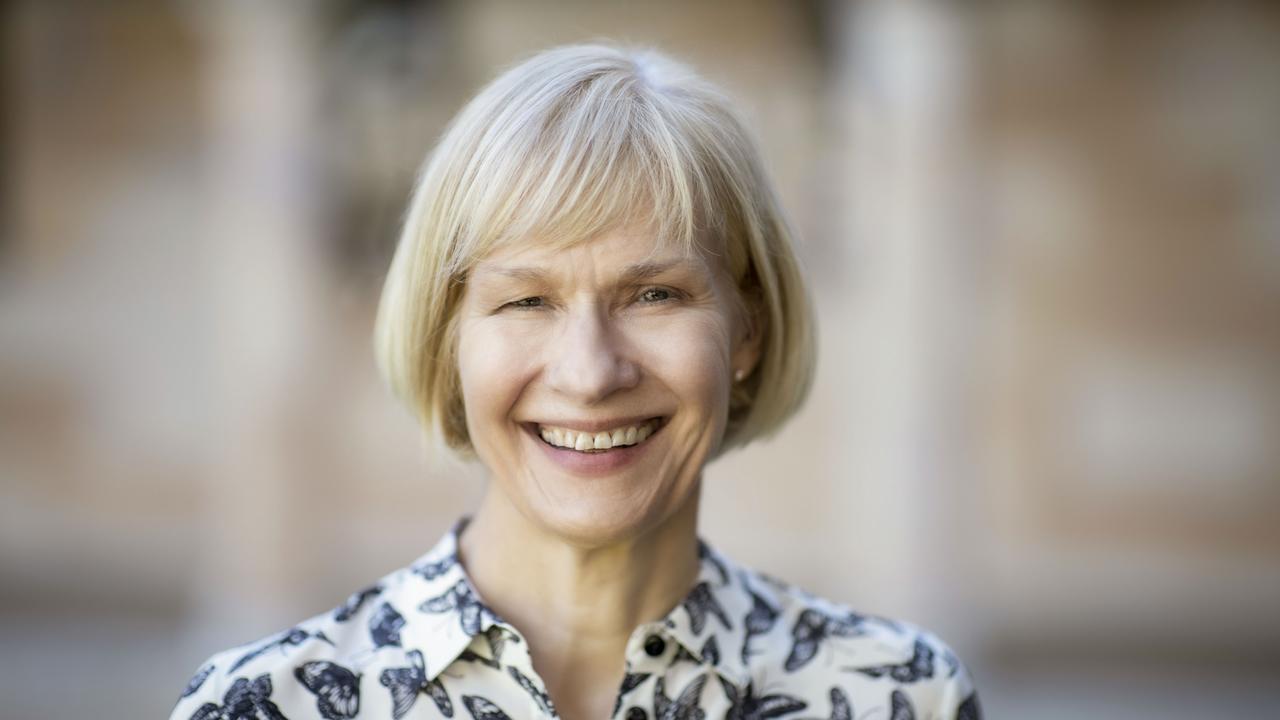Australia’s living legends of research
This is the list of Australian academics, researchers and scholars who loom largest in public discourse worldwide.

Australia may be better known for celebrating sporting greatness than intellectual achievement but nevertheless it has produced a long list of academics, researchers and scholars who are well known nationally and internationally.
To decide who our best known intellectual achievers are, we counted Wikipedia page views (from 2015 to 2023) of living Australian academics, researchers and scholars to produce this list which is in order of page view count.
At the top is Germaine Greer with over 2.5 million views in the period. Animal liberation philosopher Peter Singer, who began his career at the University of Melbourne but has spent many years at Princeton, is close behind.
We have called the people on this list “living legends” because they attract worldwide attention by virtue of their ideas although many of them have little in common with each other, because they are in very different fields.
Some on the list have ideas which are in deep conflict. Dark Emu author Bruce Pascoe and history wars warrior Keith Windshuttle would not often find themselves in close company. However they are both on this list because their ideas attract public attention.
Interestingly, the ordering of the list is not necessarily linked to how well these scholars are known in Australia. Some of those on the list are more famous overseas than in Australia, which drives up their Wikipedia views.
The list does include people who have been in the public eye like Nobel prizewinners Barry Marshall, Elizabeth Blackburn, Robin Warren, J.M. Coetzee and Brian Schmidt. But it also includes eminent scholars such as David Chalmers, Raewyn Connell, Christopher Clark, David Christian, Bill Mitchell and Cordelia Fine, even though they are not by any means household names.
Of course many people with academic connections are well known, and attract Wikipedia views, for other reasons. We have tried to limit the list to people whose primary reason of being known is research and scholarship, and who have or have had an appointment at a university or research institution. If, for example, a former prime minister took a short university appointment, that would not qualify them for the list. However we concede that judgments on this are subjective.
The list is also limited to Australians, but we have defined this generously. If someone was born here, or spent a substantial amount of their life here (particularly if they worked at an Australian university) we have included them.
Enduring legends
Our living legends list of academics and researchers is incomplete. It does not include the many eminent Australian researchers who have passed on.
Here is a list, ordered by number of Wikipedia page views, of dead Australian academics and researchers.
First on the list with most Wikipedia page views is Elton Mayo, a South Australian psychologist who began his academic career in Australia and later became a professor of industrial research at Harvard Business School. He is associated with the Hawthorne effect, the idea that people modify their behaviour in response to being watched.

Other enormously influential, now dead, Australian researchers include Howard Florey who developed penicillin, physicist Mark Oliphant who played a major role in the early development of the atomic bomb, British physicist William Bragg who spent many years at the University of Adelaide, physicist and ecologist Robert May who became president of the Royal Society, and eminent linguist Michael Halliday.



